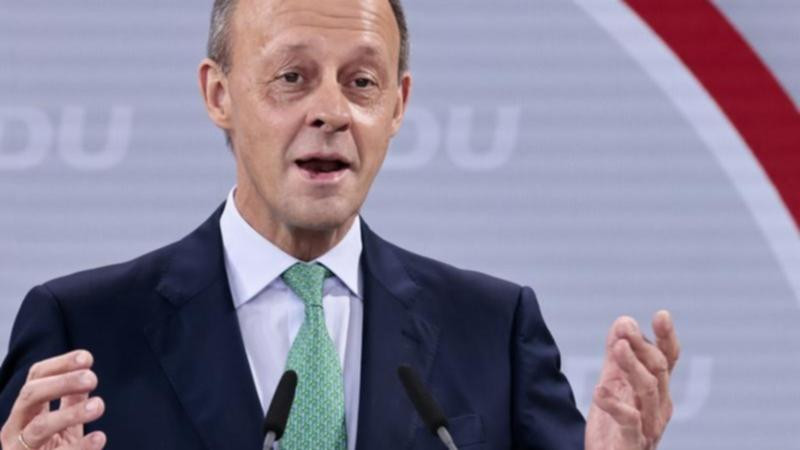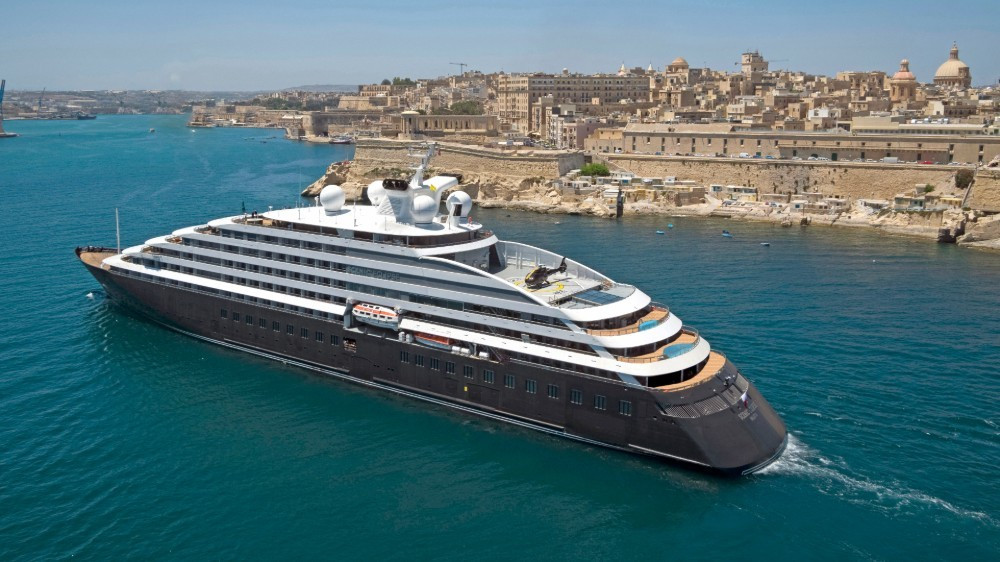Germany's Snap Election: A Nation at a Crossroads
An economic slump, a contentious immigration debate, and the uncertainty surrounding Germany's relationship with its most powerful ally—these are the defining issues shaping the upcoming German parliamentary election. The election, originally scheduled for September, was unexpectedly brought forward after the collapse of Chancellor Olaf Scholz's coalition government in November. The trigger? Months of disagreement over how to revitalize Germany's struggling economy.
The Shifting Political Landscape
The latest polls paint a dynamic picture. The center-right Christian Democratic Union (CDU), along with its Bavarian sister party CSU, holds a commanding lead with 29% support. The far-right Alternative for Germany (AfD) party follows closely behind at 20%, while Chancellor Scholz's Social Democrats (SPD) are in third place with a mere 16% of the vote. This unexpected rise of the AfD highlights the growing anxieties among German voters.
The AfD's Rise and the Immigration Debate
The AfD's significant gains are largely attributed to its staunch anti-immigration stance. Recent high-profile attacks in several German cities, some allegedly committed by immigrants, have fueled this sentiment. Alice Weidel, the AfD's leader, has cleverly leveraged social media, especially TikTok, amassing a considerable following and garnering support from unexpected quarters, including billionaire Elon Musk and US Vice-President JD Vance. This unexpected foreign intervention in the German election has added further complexity to the already charged atmosphere.
The CDU's Merz: A Traditionalist in Turbulent Times
Friedrich Merz, the CDU's candidate for chancellor, emerges as the frontrunner. A seasoned conservative with a background in corporate law and a member of the supervisory board for the German branch of Blackrock, Merz represents a traditionalist approach to governance. His economic policies focus on deregulation and tax cuts for corporations, and a tighter border control. However, his recent attempt to collaborate with the AfD on immigration policy, although ultimately unsuccessful, has drawn criticism and raised concerns among voters.
Navigating a New Global Security Order
The upcoming government faces the immense challenge of navigating a rapidly shifting global security order. The United States, under the Trump administration, has shown signs of wavering commitment to its European allies, raising concerns about Germany's security. While some view Merz's pro-European and trans-Atlanticist stance as a strength, others worry about his potential willingness to compromise with the AfD, a party considered a threat to German democracy. The economic recession, the debate over immigration, and uncertainty regarding future US involvement in Europe's defense are all key factors influencing the electorate.
The Stakes for Europe
This election holds significant implications not only for Germany but also for the entire European Union. Germany is Europe's largest economy and a crucial player in the EU. The next government's ability to manage the economic crisis, address immigration concerns, and maintain strong relationships with its allies will significantly impact Europe's stability and future. The uncertainty over coalition formation and the possibility of a prolonged political stalemate also adds to the complexity of the situation.
Coalition Politics and the Path Forward
The German electoral system necessitates coalition building, a process that can be lengthy and unpredictable. The CDU's success in forming a stable coalition government will be crucial in stabilizing Germany's political landscape and charting a course for the future. However, the mainstream parties’ rejection of the AfD makes the coalition-building process far more complicated. Given the current polling data, the most likely scenario is a coalition involving the CDU and other parties, potentially involving Olaf Scholz's Social Democrats (SPD), however with Merz as the new chancellor. This arrangement could prove challenging, requiring delicate negotiations and compromises among the participating parties.
Uncertainty and the Future of Germany
The potential of the AfD to become the second-largest party in the Bundestag signifies a worrying political trend that has been growing in several European countries and elsewhere. The impact of this shift on Germany’s domestic and foreign policies, its standing in the EU, and its relationship with the US remains unclear. The next government's success in addressing the ongoing crises and uncertainties will determine Germany’s trajectory in the years to come.
The Unpredictability of it All: A Nation Watching
The upcoming German election is far from a predictable affair. The outcome will not only determine the country's leadership but will also significantly influence the direction of the European Union and its relations with the United States. The significant rise of the AfD, the economic challenges, and the evolving geopolitical landscape create a volatile environment, with each voter's decision carrying profound implications. The suspense continues until election day and beyond, as the process of coalition building will take time to resolve. The next few months will be crucial in shaping the future of Germany and Europe. What will transpire remains to be seen. Only time will tell whether the next government can navigate the complexities of the present and successfully build a brighter future for Germany.

















